
"LIGHTEN YOUR LOAD" and take a learning community this spring!
To find available courses, visit the Spring 2026 Course Schedule.
Register for both:
This course brings together Ethics (PHI115) and The Chemistry Connection (CHM103), allowing students to examine both the scientific and ethical dimensions of climate change and sustainability. Through this exploration, they delve into key questions about our planet’s future while also investigating and applying practical climate solutions and sustainable practices.
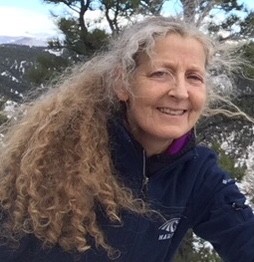
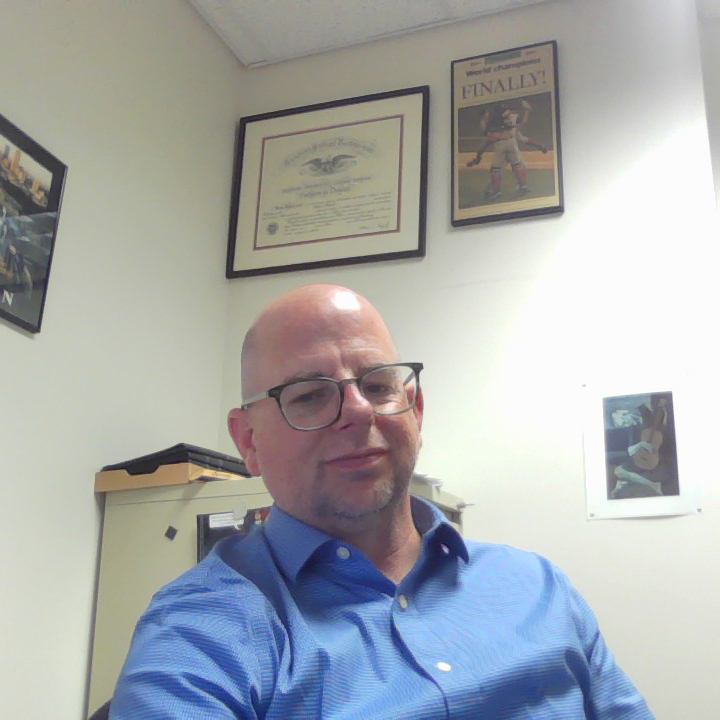
Register for all three:
By strengthening your accounting knowledge, you’ll become proficient in Excel and learn how to use its functions in real-world financial situations. Along the way, you’ll build practical, job-ready skills through hands-on assignments.
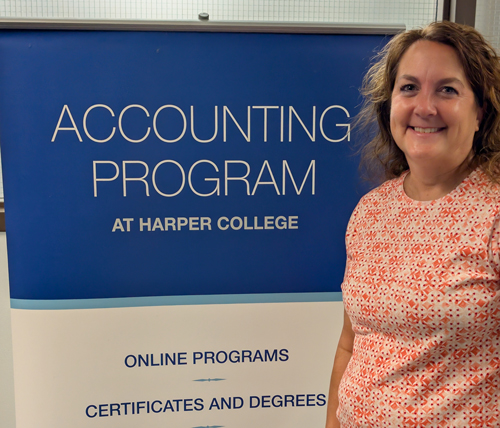
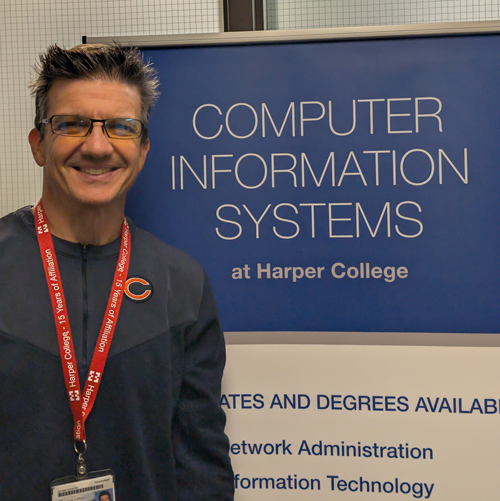
Register for both:
This paired experience brings together Composition II (ENG 102) and Introduction to Philosophy (PHI 105), giving students the opportunity to study Existentialism while examining how philosophical ideas appear and evolve within literature.

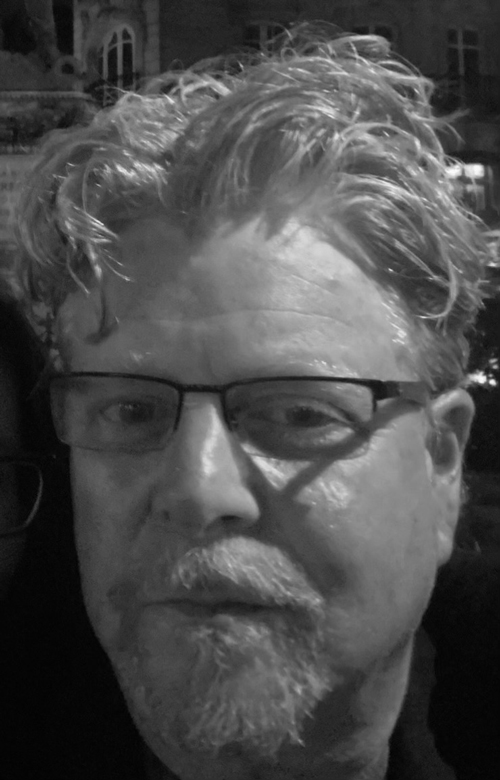
Imagine a group of like-minded students, all enrolled in the same classes and connected by a common theme. In these communities, faculty and students come together to explore different subjects, build valuable connections, and expand their understanding of diverse perspectives. Collaborative and experiential learning take center stage, enhancing the overall educational experience.
Research conducted by the National Resource Center for Learning Communities has shown that participating in a learning community can lead to higher grades, faster friendships, and increased graduation rates.
By being part of a learning community, both faculty and students embark on a journey of discovery together. This closer connection allows for successful learning strategies to be developed collaboratively, resulting in improved academic performance. Students benefit from increased comfort in seeking guidance from faculty, which leads to a deeper understanding of the subject matter. With these communities, students have the chance to hone their skills, gain confidence in exploring complex issues, and develop critical thinking abilities.
To learn more about learning communities, speak to your academic advisor or contact the Office of Interdisciplinary Programs.